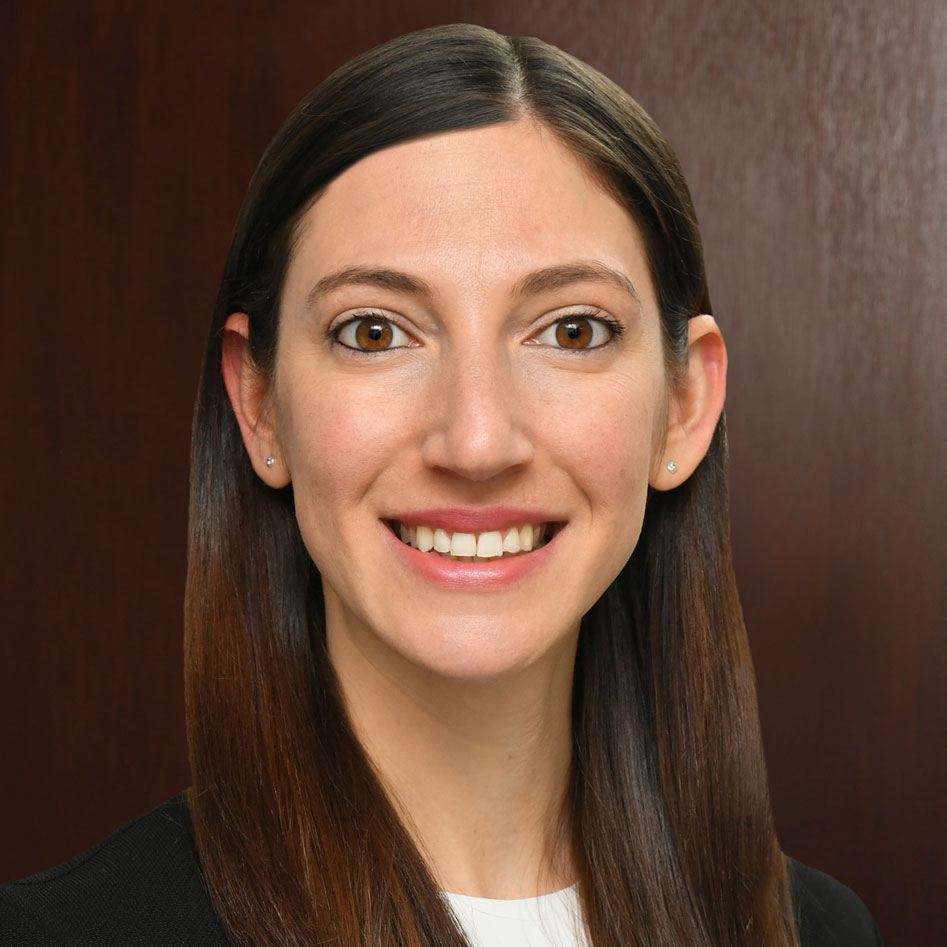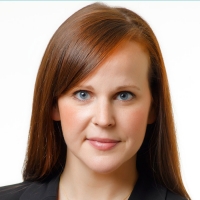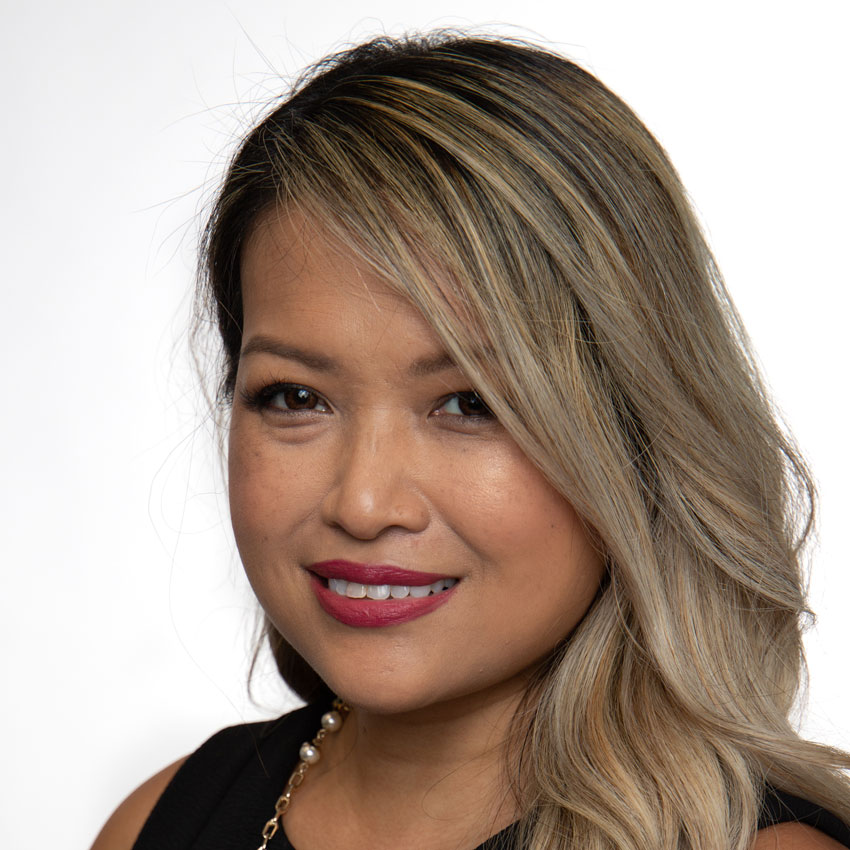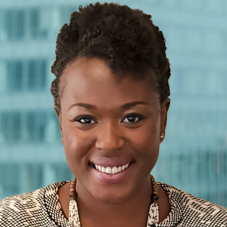In Honor of National Women’s Day: A Roundtable Discussion
As National Women’s Day approaches, we could think of no better way to honor the female attorneys that have shaped our great profession, than to help you get to know some of the best currently in the business. These talented attorneys were kind enough to share their diverse perspectives on the future of women in the legal profession. And while their viewpoints were all different, they did echo the same concept: women have come a long way in the legal profession, but there’s still plenty of ground to cover.
The statistics bear that out. Although women are increasingly earning their place as associates, they are still less likely to make partner and generally attain leadership roles at firms. They also often shoulder more child-rearing responsibilities, which can make achieving career goals a heavier lift compared to their male counterparts.
Our roundtable participants included:




1. Picture yourself at the start of your career. If you could give your younger self one piece of advice, what would that be?
Audrey Ingram: Understanding the substantive law is important, but so are relationships. It’s vital to develop and foster an extensive network, from law school classmates, to opposing counsel, to your colleagues. Those relationships are a critical component to any successful legal practice.
Jayme Jonat: Don’t be afraid to speak up and ask questions. It’s easy when you’re a young lawyer to be insecure and assume you’re the only one who doesn’t understand something. But I learned that often, everyone else in the room had the same good question (or doesn’t even think to ask the question in the first place).
Jamice Oxley: The advice I would give my younger self is to trust the process. I graduated from law school during our country’s last economic recession. Jobs were sparse and companies were looking for ways to do more with less. It was a challenging climate as a new lawyer in the early days of my career. What I learned is that all things happen for a reason and that challenges always lead to priceless personal growth. I am grateful that I graduated from law school when I did because it taught me how to think outside the box, trust in my personal goals and embrace the journey and process that is career development. I have found that the most valuable and joyful lessons are found in the process/journey, no matter how challenging it may seem.
Joy Sidhwa: I would encourage my younger self to immediately get involved and help my firm elevate its presence in the legal community and online. Too often, younger lawyers entering the profession focus solely on the “hard skills” in the practice of law and stand on the sidelines for years, but it is also important to add value to the business side of the legal practice.
2. Female attorneys have historically had more difficulty finding professional mentors than their male counterparts. Have you had a mentor (male or female) during your career? How did that person help you get to where you are today?
Audrey Ingram: I’ve been lucky to have excellent mentors, both male and female, who have supported my development and identified opportunities for growth. I believe that having strong advocates is essential to professional success and I am incredibly thankful for those relationships. My biggest barrier has always been self-doubt. At the beginning of my career, I discounted my own opinion, assuming the other voices in the room were smarter and knew better. Thankfully, time and experience have lessened those doubts.
Joy Sidhwa: I am fortunate to have been afforded professional mentorship from male and female mentors at my firm, as well as through programs provided by the local bar associations, from which life-long friendships have flourished. The most rewarding aspect of mentorship for me is having a mentor whose perspective differs from mine, who can identify an opportunity that I’ve overlooked. Because of my mentors’ encouragement and support (and the occasional pep talk), I’ve challenged myself intellectually, grown professionally and become involved in the community as a leader.
Jamice Oxley: I have had two incredible African American mentors, Virgil Roberts and Bonnie Berry LaMon. Virgil owns his own entertainment law practice and, along with always giving me amazing guidance, introduced his colleagues to me when I was first starting my career—countless lawyers whose advice was invaluable and inspiring to me. He has always encouraged me to achieve at the highest level.
One of the lawyers that Virgil encouraged me to meet was Bonnie, who had the type of career that I wanted. She was a past chair of the entertainment department at a global law firm; she had practiced in-house; she had a thriving entertainment and media practice and she was a wife and mother. She invited me to join her boutique law firm where she helped me develop music, film, digital and television clients. I credit Bonnie with training me and shaping me into the well-rounded lawyer that I am. Mentorship is invaluable, and I am so grateful for Virgil and Bonnie for their sponsorship and for paving the way for me to follow in their footsteps.
3. Describe the most rewarding work you’ve ever done as an attorney. What made it so rewarding?
Audrey Ingram: Often, I am advising clients during some of the most stressful times of their lives. It is incredibly rewarding to guide someone through a difficult period and see the relief on their face at the end of the process.
Jayme Jonat: My current pro bono work with the ACLU on behalf of female pilots and flight attendants at Frontier Airlines has been immensely rewarding. For the past five years, we’ve been working to fight the discrimination we allege they face when they become pregnant and have children, such as being forced onto unpaid leave and being forbidden from expressing breastmilk on the job to nurse their children. This case is rewarding because I’m helping these women individually, but I’m also helping to make an impact on a national level by working to prevent discrimination against pregnant and breastfeeding employees across the industry so they can continue to advance their careers while having a family.
4. What is the most challenging aspect of your career?
Jayme Jonat: It’s cliché and nothing new, but being a mom and a lawyer is challenging. I want to spend as much time as possible with my young son, but I also want to continue to grow and succeed as a partner, so it is a constant battle to find a balance.
Jamice Oxley: The most challenging aspect of my career is carving out time for professional development, which expands my knowledge, and business development, which expands my network. It is always a balancing act incorporating other items into the work day besides work! But, both mean a great deal to me, so each month, I dedicate time calendaring opportunities for both. When my workload is heavy, I may have to reschedule a lunch or dinner or listen to a Continuing Legal Education panel on-demand instead of live, which can be a juggling act, but both are to key to my practice and career growth.
Joy Sidhwa: I’ve carved out a specialty in the area of e-discovery, and this niche demands I have a strong tolerance for high volume of information. When faced with a massive amount of information and documents, it’s necessary that I remain organized, persistent and focused. There is little room for “off days.”
5. Over the last 20 years, how has the landscape changed for women in the legal profession? Are you pleased with the place of women in the profession now, or do we still have much further to go?
Audrey Ingram: When I was a junior attorney starting a family, a female partner advised me to never tell anyone I was leaving work for a child-related appointment. It was well-intentioned advice, but I didn’t follow it. Being a mother is a critical part of who I am and I firmly believe that I am a stronger and more effective advocate for my clients since becoming a mother. I don’t believe that any professional good can come from hiding a central part of your identity and I’m thankful that I haven’t felt the need to do so.
But we still have further to go. Although I applaud the many law firms and companies that have expanded maternity leave, there is still a significant gap between working mothers and working fathers. Meaningful paternity leave programs where fathers are encouraged to stay home with their young children would be a positive step toward narrowing that gap. In countries such as Sweden where paternity leave is common, there is more equality in child-rearing responsibilities, which is the only way that we can have gender equality among working parents.
Jayme Jonat: More than half of law school students are women, and in my experience, women have successfully earned their place in law firms as associates. But there are still not many women in leadership positions in the law, so there’s still room for improvement.
Jamice Oxley: There will be always be room for improvement as we all collectively work to promote gender parity in the legal profession, but I truly believe the landscape is different now than it was two decades ago, and we are trending upwards.
Joy Sidhwa: I’m proud to be part of firm that seeks to create a diverse team—more than half of the lawyers at MoginRubin are women—and understands that diversity and inclusion contribute to our continued success of maximizing productivity and creativity, while meeting the needs of our clients. However, gender inequality is still prevalent throughout the industry.
The number of women lawyers in private practice has grown, but they frequently do not have equal opportunity to senior positions. Women need advocates who will address the barriers to success in order to narrow the gender inequality gap.
***
This roundtable originally appeared here on LexisNexis.
